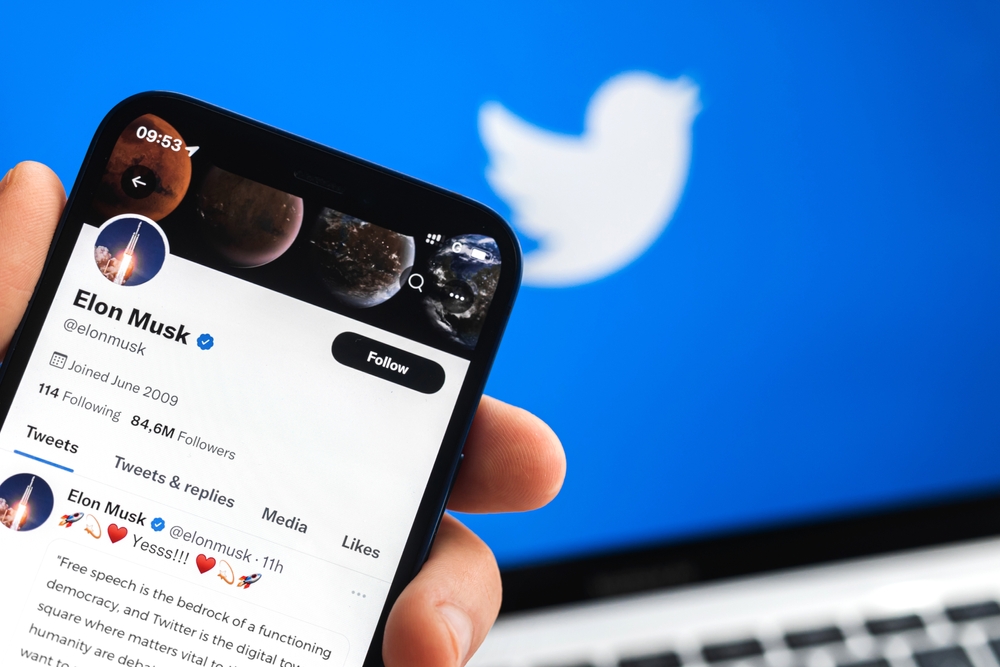Could Elon Musk’s takeover knock Twitter off its perch?
November 28, 2022
Elon Musk’s rocky and controversial $44 billion takeover of the social media platform Twitter has been capturing headlines for months.
Following a protracted back-and-forth over whether Musk would buy the company, the purchase was finalised in October.
Since then, Musk has sacked thousands of staff, as well as the CEO and much of the leadership team. Further employees have since quit the company after Musk told them they had to sign up to “extremely hardcore” hours.
Musk has also made substantive changes to Twitter’s format, including making the “blue tick” verification available to users at a premium – though this change was later delayed. The former US president Donald Trump, among others, has also had his ban from the platform lifted.
With the loss of so much talent, and with advertisers freezing their spend on the platform owing to concerns about Musk’s commitment to moderate extreme content, many are now asking whether his takeover could be the end for Twitter.
Where Musk went wrong
The former United States Secretary of Labour, Robert Reich, has said Musk’s mistake was seeing employees as costs to be cut rather than assets to be nourished. The loss of staff, Reich argues, deprived Twitter of its institutional memory and possibly damaged its monetary value by degrading its key asset: a talented workforce.
Removing Parag Agrawal as Twitter’s CEO was a decision fraught with risk as well: Professor John A. Davis from the Massachusetts Institute of Technology’s Sloan School of Management argues that firing a CEO can be justified if they are not a good fit with the company, if they do not support the company’s core values, and if there are viable replacements lined up.
While Agrawal’s firing arguably fits those criteria, Davis goes on to say he hopes no-one will ever have to choose whether to fire their CEO as it is a tough personal decision to make and can also shake investor confidence in the company.
Musk previously told Agrawal he does not think he “should be the boss of anyone,” hinting at the flatter management structure he appears to have tried to implement at Twitter. For example, following the mass lay-offs, Musk summoned employees with responsibility for writing code to fly to San Francisco and meet with him directly.
The billionaire joked in the immediate period after taking control of Twitter that he had become “Twitter complaint hotline operator.” A gag which demonstrates how he has taken responsibility for many of the company’s functions on his own shoulders.
Over the years, the CEO has become the sole public face of a business’ success or failure, a phenomenon which I termed the ‘cult of the CEO’ in an article for Management Today.
Without Agrawal and a board to share the flak and a workforce verging on outright mutiny, Elon Musk now finds himself in the firing line of public and investor censure.
In this edition, we explore how Musk’s takeover could have been improved before he even stepped inside Twitter HQ to maximise profitability and employee engagement.

